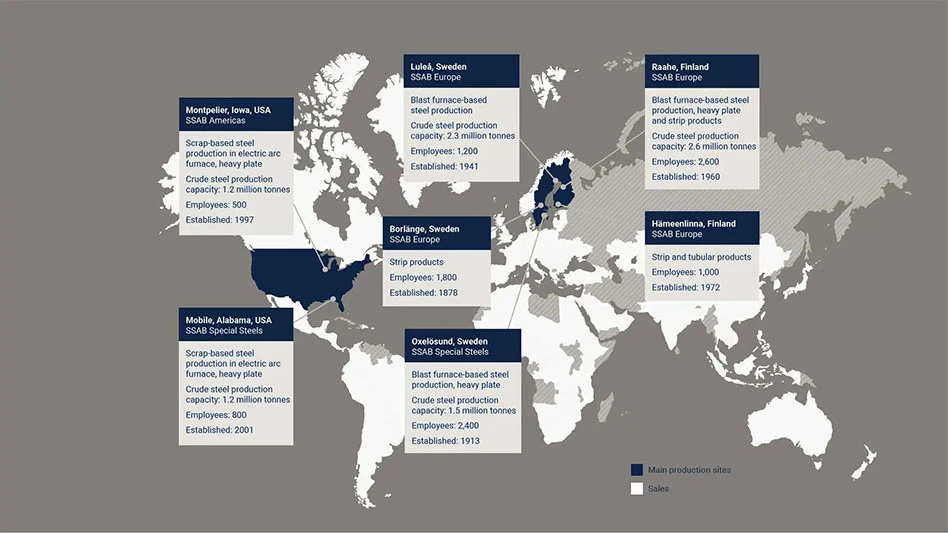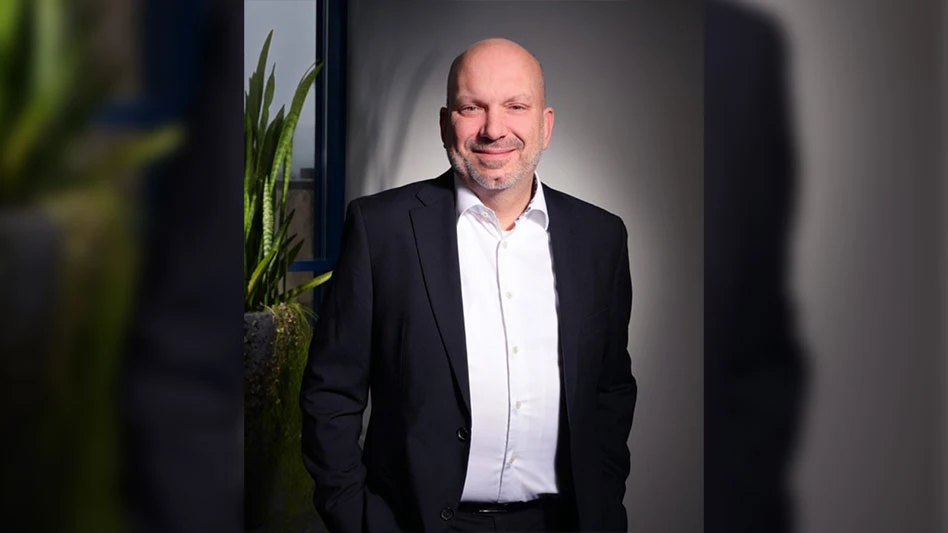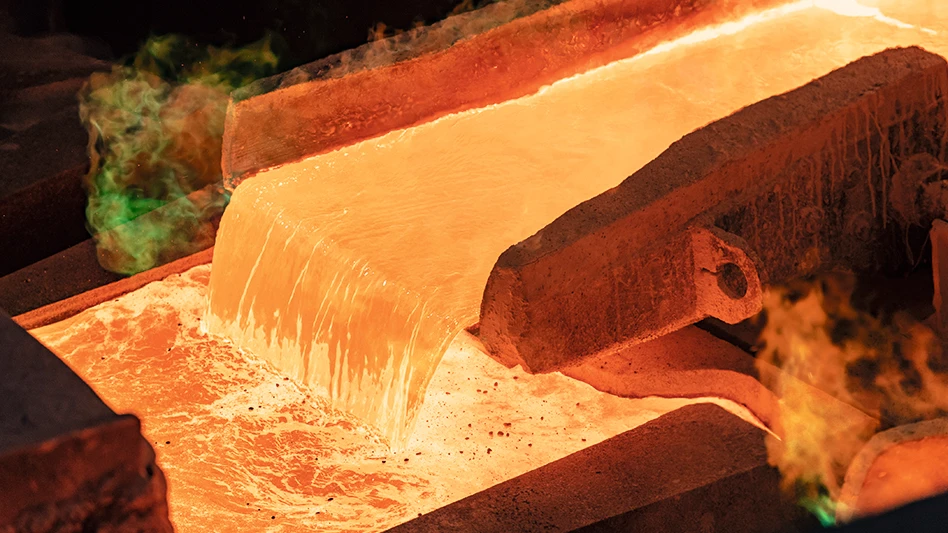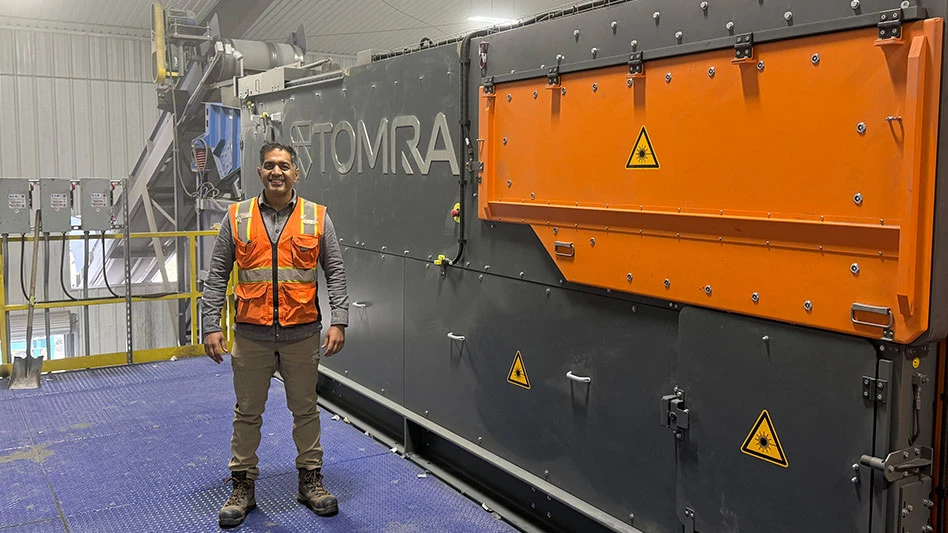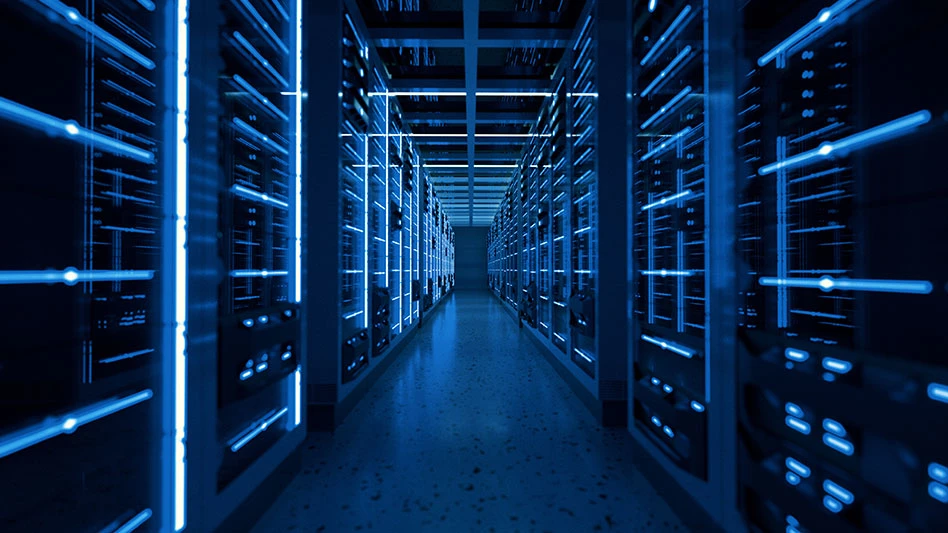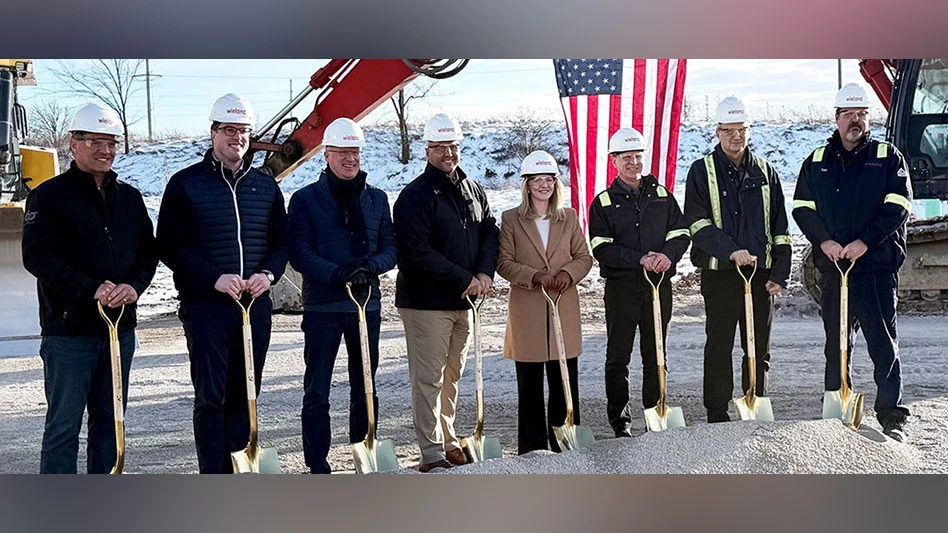
Tierney | stock.adobe.com
Reno, Nevada-based lithium-ion battery (LIB) recycler Aqua Metals Inc. has received a notice of allowance for U.S. Patent Application No. 17/584,975 from the United States Patent and Trademark Office, which covers critical aspects of the company’s proprietary LIB recycling technology.
The application originally was filed in January 2022, and Aqua Metals says it reflects years of research and development that progressed from laboratory- and bench-scale validation to successful pilot operations. The company says it has demonstrated the ability to efficiently recover battery-grade lithium carbonate as well as high-purity nickel and cobalt materials using its novel, electrified and regenerative hydrometallurgical process.
RELATED: Nickel carbonate added to Aqua Metals’ portfolio | Aqua Metals developing LFP recycling process
The patent protects core pieces of the company's AquaRefining technology, with Aqua Metals saying the process offers estimated cost savings of approximately $1,100 per metric ton of black mass input versus conventional hydrometallurgical methods. The company also claims its process eliminates sodium sulfate waste, generates negligible CO2 emissions and provides a safer workplace environment.
“This allowance represents a major milestone in our strategy to scale AquaRefining through both owned recycling campuses and global partnerships,” Aqua Metals President and CEO Steve Cotton says. “It strengthens our IP foundation and positions us to pursue licensing and joint venture opportunities with partners who share our vision of building a clean, secure and domestic battery materials supply chain. We look forward to sharing more on these partnerships soon.”
Aqua Metals says it is pursuing additional patents, including a novel and cost-efficient process to produce lithium battery precursor materials. The company says it currently is in discussions with multiple potential licenses and joint venture partners worldwide, with its new patent allowance expected to play an important role in enabling and structuring those relationships.
Latest from Recycling Today
- Eriez expands European sales network
- Gränges increases sales volume in 2025
- Aduro selects Netherlands as site for industrial scale-up facility
- Nasco-Op declares dividend
- Cyclic Materials announces plans for South Carolina campus
- WM reports revenue, earnings growth in Q4 and full-year 2025
- Solarcycle’s Cedartown, Georgia, recycling facility opens
- Stadler equips Spanish MRF
